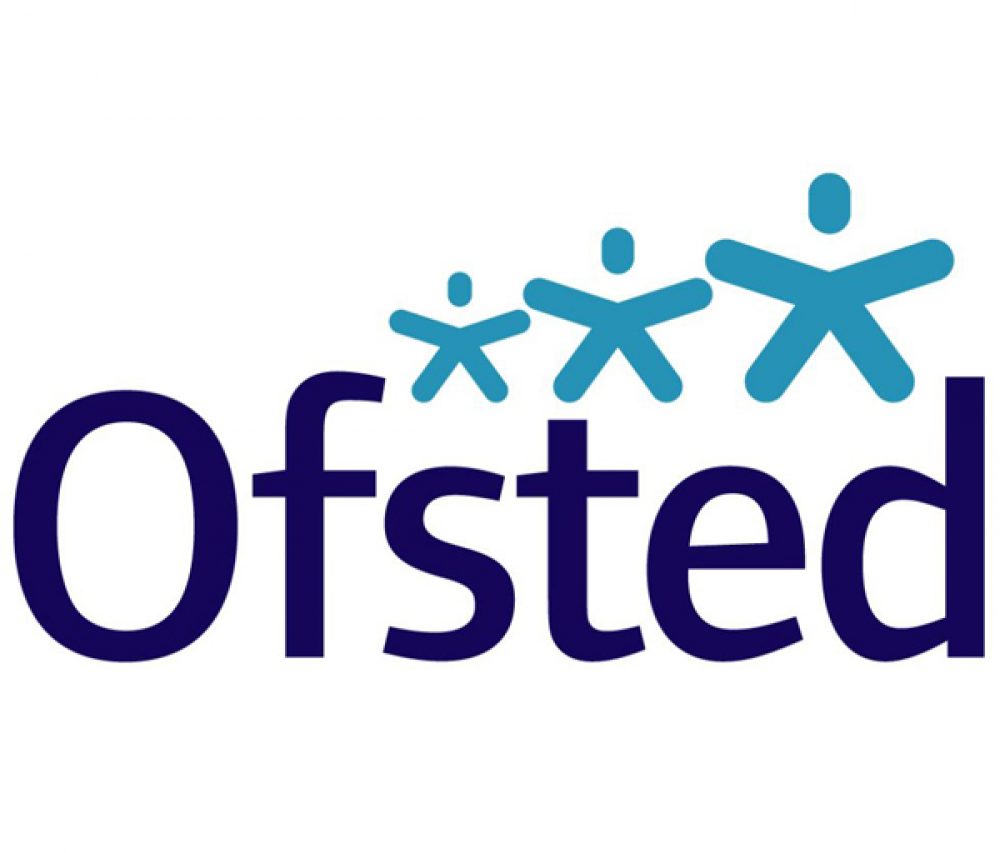A local authority has been criticised by Ofsted for damaging relationships with headteachers during its plan to improve education in Suffolk.
The schools’ inspectorate published its second report this morning into Suffolk County Council’s school improvement plans, having identified the county last year as one where the achievement of pupils at both primary and secondary as below national averages and 25,000 pupils in the county do not attend good or better schools.
Five Ofsted inspectors visited Suffolk in January and found that council leaders were “too slow” in acting on improvement areas identified in a visit last year. Inspectors said the authority’s arrangements for monitoring the outcomes for disadvantaged pupils is “poor”.
In a letter to the council, HMI Sue Frater criticised the way it has worked with school leaders.
She said: “The local authority has not worked effectively in partnership with all school leaders to agree a strategy by which they can improve the quality of teaching and learning to raise achievement.
“The local authority is, however, promoting collaborative work between some schools, with varying success.
“It has also recently started taking appropriate action to increase the number of teaching schools, headteachers and governors who can support other headteachers and governors. However, this school-to-school support is as yet disparate, with no cohesive overarching strategy to define its purpose and expected outcomes.”
She added: “The local authority did not manage the consultation with headteachers and governors about the process of the schools’ risk assessment well. This has resulted in strained relationships with many school leaders. Some headteachers expressed concern that they were challenged to improve without access to appropriate school-to-school support. The strategy for accessing support, including brokered and commissioned support, is not clear.”
Council leaders were told by Ofsted they have “rightly” focused their attention on inadequate schools but as they have “only recently” established systems for identifying other schools at risk of deteriorating, some schools’ performance has declined.
The council’s cabinet member for education and skills councillor Lisa Chambers said: “There are no surprises in this report. This comes as an endorsement of our direction of travel. I have always said our programme for long term improvement will not be accomplished overnight.
“We take on board the areas for improvement identified in Ofsted’s letter. These are all areas we were already aware of and work was already in progress before receipt of the letter. I remain fully committed to ensuring we deliver the opportunity for every child to attend a good or outstanding school in Suffolk.
“Ofsted acknowledges that our vision and strategy are moving us in the right direction and there are some very positive points to take from their letter.”
East of England regional director Andrew Cook said: “While I recognise that Suffolk Council has taken positive steps to improve education in their area, and there are signs for optimism, the county is still not making swift enough progress. Much of their strategy has been implemented too recently to impact substantially on pupils’ outcomes.”
He said the council will have a further inspection in the next two years to monitor progress, to give it time to “embed” its improvement plan.







Your thoughts